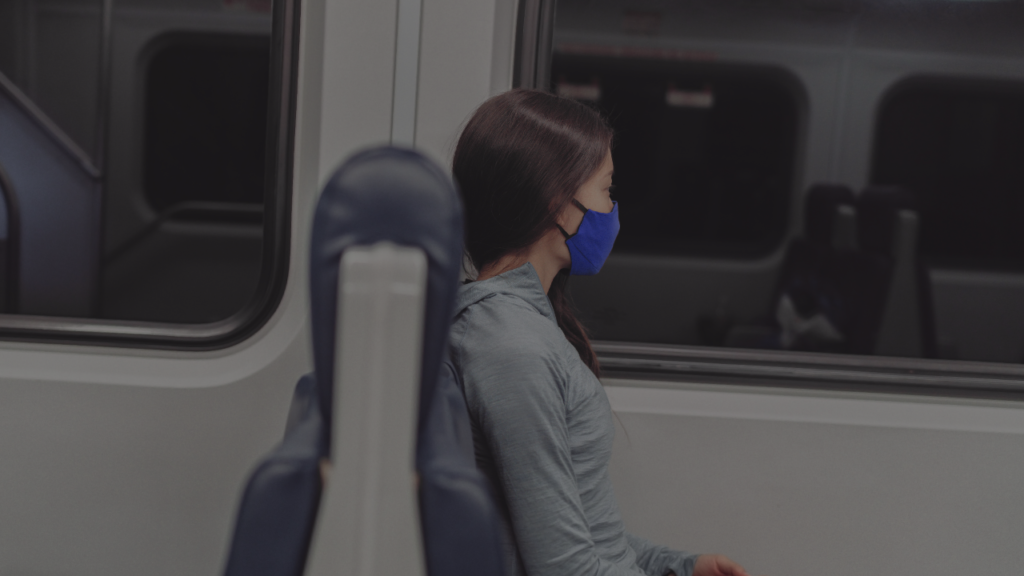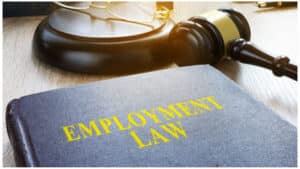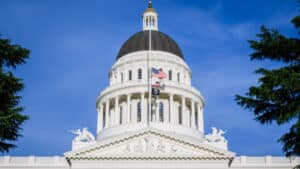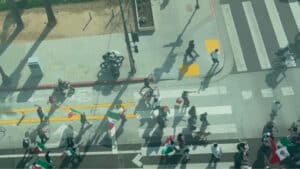Written By Christopher Dolan and Kim Levy
This week’s question comes from Bill S. from San Francisco who asks: I’m taking my family to Hawaii in a few weeks and just learned that a Florida judge struck down the mask mandate for airlines. I’m confused about how this will impact our trip. Does this mean that no one will have to wear masks on the airplane? How can one judge in Florida end the mask mandate for the whole country? The end of the airline mask mandate is concerning since I have one child too young to be vaccinated.
Hi Bill,
I certainly appreciate your concern and will hopefully answer your question. Before I start, I would like to give you some background on the Federal Transportation Mask Mandate. In January of 2021, after being sworn in, President Biden signed an executive order making it a violation of federal law to ride public transportation without a mask.
US health officials scheduled the mask mandate to expire on April 18, 2022. However, on April 13, 2022, they extended the federal transportation mask mandate by 15 days in order to assess the recent rise in COVID-19 cases.
Why was the mask mandate struck down?
On April 18, 2022, U.S. District Judge Kathryn Kimball Mizelle, a Tampa-based federal court judge, ruled that the federal transportation mask mandate was unlawful. Judge Mizelle struck down the mandate on two grounds:
- she found that the CDC exceeded the authority provided by Congress; and
- the enactment of the mandate violated administrative law, which prescribes a process that executive branch agencies must follow to make new policies.
First, Judge Mizelle ruled that the CDC lacked the authority to require masking on public transportation. She took a very narrow view of the Public Health Service Act, a 1944 law allowing the CDC to take certain measures to fight the spread of communicable diseases; the language of the statute refers to “sanitation” as a measure that may be required to be undertaken. Judge Mizelle took this to mean that the statute permitted the establishment of rules/regulations “that clean something, not ones that keep something clean” and mandatory masking was not a “sanitation” measure. Judge Mizelle concluded that requiring masking, regardless of infection status, was an overbroad application of the “detention” and “quarantine” protocols allowed by the Act. In other words, requiring masking of travelers who had not been determined to be infected exceeded the authority that Congress intended to be provided by the Public Health Service Act.
Second, Judge Mizelle held that the CDC’s mask mandate violated the Administrative Procedure Act, which sets administrative agencies’ procedures to set policy. Judge Mizelle stated that the CDC didn’t have a valid excuse for bypassing the masking rule’s public notice and comment requirements. The CDC did not provide an adequate explanation for why they implemented the masking requirement in the first place. Judge Mizelle referred to the fact that the pandemic was already a year old when the mandate was put in place; accordingly, the mandate was not put in place under emergency circumstances.
Of note, Judge Mizelle, a President Trump appointee, was rated by the American Bar Association as “not qualified” for appointment to the Federal bench due to lack of experience. Nonetheless, she was confirmed for life at the age of 33.
How does this ruling affect travel?
Judge Mizelle’s ruling put the authority to enact and enforce masking mandates back with individual airlines, ride-share companies, and other modes of public transportation.
Because of the ruling, the Transportation Security Administration (TSA), a federal agency, ended its enforcement of the mask mandate.
Some jurisdictions like New York and Chicago elected to keep in place mask mandates on public transit, all major airlines, Amtrak, Caltrain, SFMTA, and ride-share companies. Others have chosen to drop their mask mandates and instead recommend the use of masks while riding public transportation.
There are no longer any uniform rules surrounding masking on public transportation. It is best to have a mask should you be required to wear one.
How does one judge have the power to end the mandate?
Judge Mizelle struck down the mandate in a “nationwide” injunction (a national court order requiring an action or halting an action). However, she referred to her ruling as vacatur (eliminating an unlawful rule). The judge’s reasoning for her broad elimination of the mask mandate was that it would be too difficult to apply the injunction only to those that brought the lawsuit in the first place. A nationwide injunction applies to all jurisdictions everywhere within the United States.
The judge’s decision does not carry precedential weight. Other federal courts across the country are not obligated to follow her reasoning in handling similar future challenges to administrative regulations. However, if the ruling is appealed and upheld by the federal appellate court (which covers the Southeastern United States), it would set precedent for all other federal courts within the circuit. If the appeal reached the United States Supreme Court, a ruling upholding Judge Mizelle’s order would be binding nationwide.
What will happen now that the decision has been appealed?
On April 21, 2022, the Biden Administration asked the Department of Justice to file an appeal in the case. The appeal, if successful, would make clear that the CDC holds the power to make broad mandates in the interest of safeguarding public health. If unsuccessful, the opposite is true—a ruling that would hamper the authority of the CDC to act to protect the people from new and/or evolving public health threats.
State and local government would still maintain authority to issue rules and regulations to protect public health. However, regulations across the country would be inconsistent and piecemeal—arguably this lack of uniformity allowed the COVID-19 pandemic to claim so many US lives in the first year of the pandemic.
***
The COVID-19 (Coronavirus) outbreak is an ongoing, rapidly developing situation, and the local, state, and federal responses are regularly changing. The Dolan Law Firm makes efforts to keep the information on this page updated. However, it is necessary to confirm with publicly available federal, state, and local health organization guidance and government mandates to guarantee up-to-date information.










